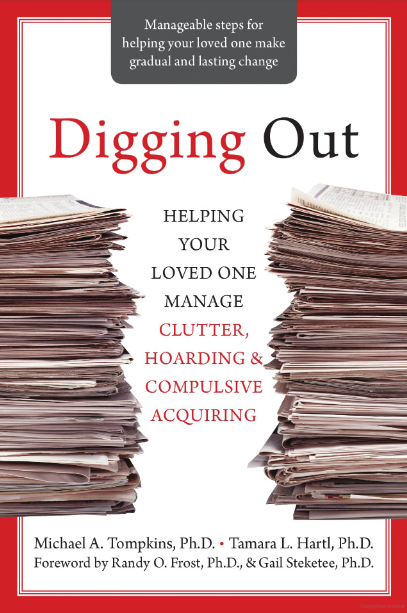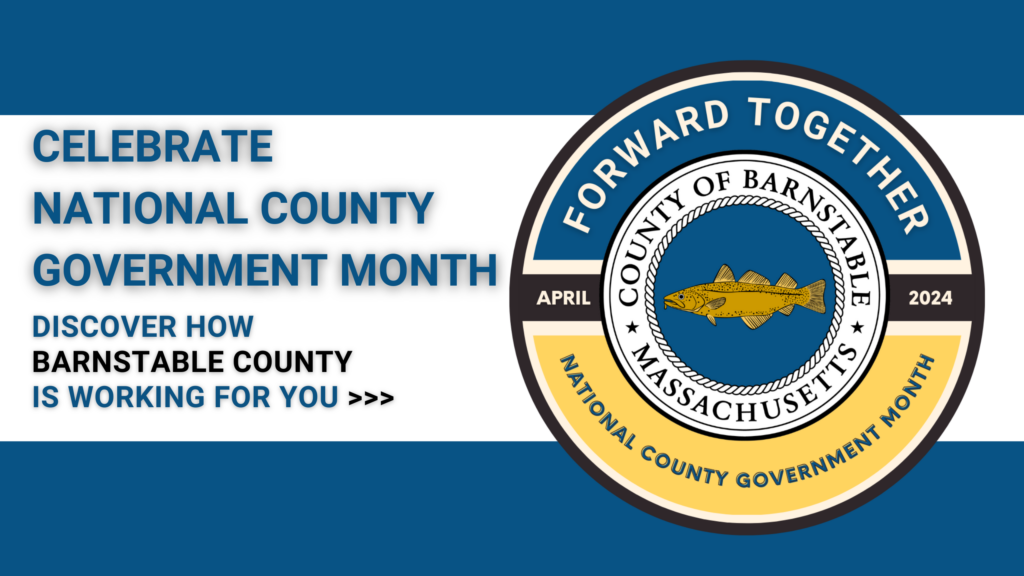

Family & Friends
You are Not Alone
Being the family member or friend of a hoarder can be challenging. It is difficult to know the right things to say and how best to help a loved one who experiences compulsive hoarding disorder. Know that you are not alone. Below are some helpful tips.
How to Help
It is important to educate yourself on hoarding disorder before attempting to help the individual. Realize that this is a psychological condition, not laziness.
Start here: IOCDF Hoarding Fact Sheet
Highly Recommended Reading
Digging Out: Helping Your Loved One Manage Clutter, Hoarding & Compulsive Acquiring
by Michael A. Tompkins, Ph.D., & Gail Steketee, Ph.D.

Good communication is essential. Try to see their point of view by listening & being there for them.
- Use non-judgmental language.
- Highlight positive changes instead of focusing on the negative .
- Establish trust by not touching items without permission.
- Focus on harm reduction first.
- Be encouraging and help them set realistic goals.
There are a variety of treatment options that you may want to investigate and discuss with your loved one:
- Buried in Treasures workshops
- Cognitive-behavioral therapy
- Group therapy and support groups
- Hiring a professional organizer
- Medication
- Skills training
Despite what you may have seen on television shows about hoarding, major cleanout interventions are rarely successful in the long term. Worse, they traumatize the individual, compromise trust, and may exacerbate the disorder. We strongly recommend against clearing out possessions without permission.



